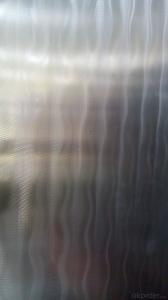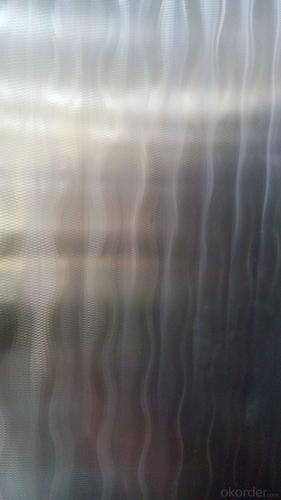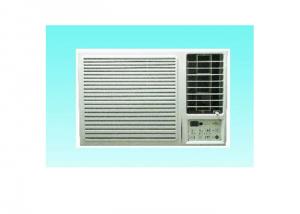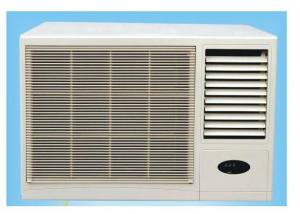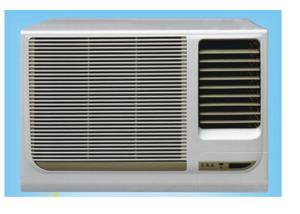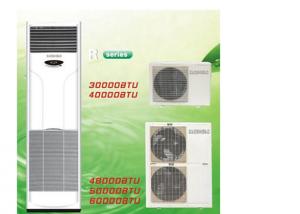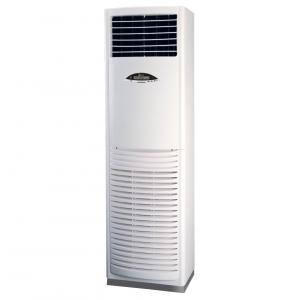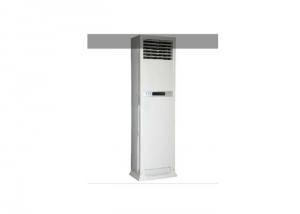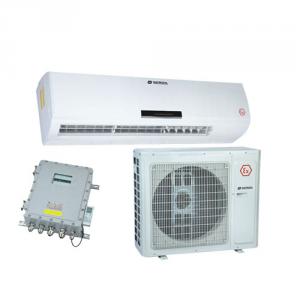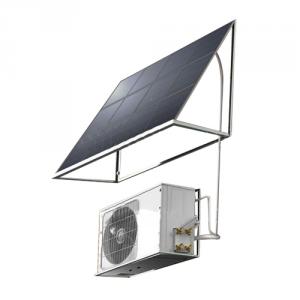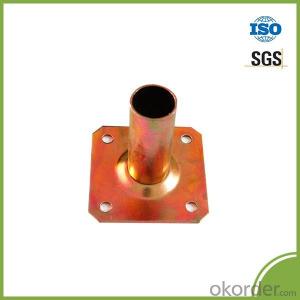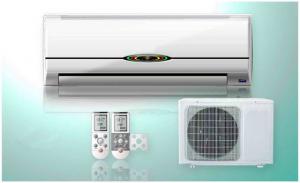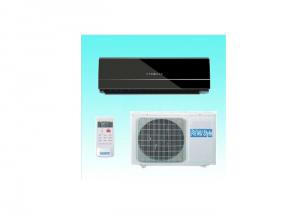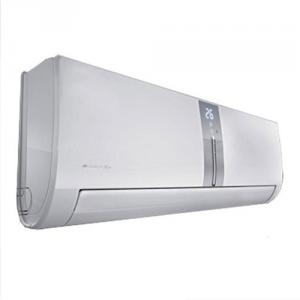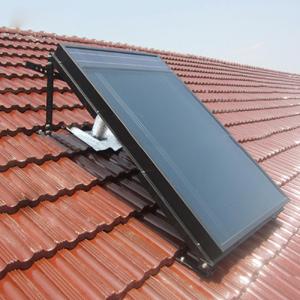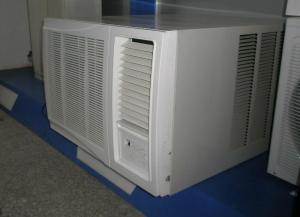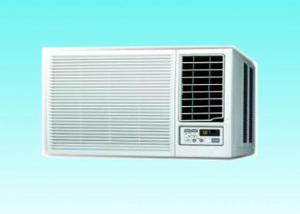Home appliance plate plate
- Loading Port:
- Shanghai
- Payment Terms:
- TT OR LC
- Min Order Qty:
- 20 m.t.
- Supply Capability:
- 1500 m.t./month
OKorder Service Pledge
OKorder Financial Service
You Might Also Like
Quick Details
| Standard: | AISI,ASTM,BS,DIN,GB,JIS | Grade: | SGCC | Thickness: | 0.2-1.2MM |
| Brand Name: | EAST STEEL | Type: | Steel Coil | ||
| Technique: | Cold Rolled | Surface Treatment: | Coated | Application: | household appliance, construction |
| Special Use: | Wear Resistant Steel | Width: | 800-1600MM | Length: | as customer's requirement |
| name: | ppgi color coated steel sheet coils home appliance used | substrate: | galvanized steel | treatment: | colour coated |
Packaging & Delivery
| Packaging Detail: | Standard export seaworthy packing |
| Delivery Detail: | 15-20days |
Specifications
1) Manufacturer of PPGI/PPGL
2) Superior quality with competitive price
3) Wide size range
4) Quick delivery
Production Capability
Base Material | GI,GL/AZ,EG,CR |
Thickness | 0.2-1.2mm |
Width | 800-1600mm |
Coil ID | 508mm,610mm |
Single Weight | Max 8 M.T |
Metallic Coating | Z60-Z275 or AZ60-AZ180 |
Thickness of organic coating | 20-45micro ( as customer’s requirement) |
Type | Print, embossed,(Wood imitation, Marble, Brush Brick, and Camouflage series, etc) |
Paint | PE , PVDF , SMP , HDP |
Production ability | 80000 M.T per year |
Standard | AISI, ASTM, BS, DIN, GB, JIS |
Grade | SGCC, DX5ID, ASTM, EN10142, S350GD, etc |
Packing | export standard package or as customer's requirement |
Delivery time | 15-20 days after we sign the contract |
Payment terms | T/T or L/C at sight |
- Q: Can an air conditioner help with reducing the risk of heat-related illnesses in office buildings?
- Certainly, the utilization of an air conditioner can effectively mitigate the likelihood of heat-related ailments in office buildings. Heat-related ailments, like heat exhaustion and heat stroke, occur when the body is incapable of effectively cooling itself down. This predicament often arises due to elevated temperatures and humidity levels, particularly in enclosed spaces such as office buildings. Air conditioners facilitate the creation of a comfortable indoor environment by regulating the temperature and humidity levels. They have the capacity to substantially decrease the temperature, thus providing a cool and invigorating atmosphere that enables employees to work with ease. By maintaining a pleasant temperature, air conditioners prevent the body from overheating, thus diminishing the risk of heat-related ailments. Moreover, air conditioners also contribute to the enhancement of air quality by effectively filtering out pollutants and circulating fresh air. This aspect is especially crucial in office buildings where numerous individuals occupy limitedly ventilated spaces. The presence of clean and fresh air not only improves overall well-being, but also averts respiratory issues and other health concerns. In conclusion, air conditioners play a pivotal role in diminishing the likelihood of heat-related ailments in office buildings. They foster a cool and comfortable environment, regulate temperature and humidity levels, and enhance air quality. All of these factors significantly contribute to the overall well-being and health of employees.
- Q: What is the difference between Marine air conditioning and home air conditioning?
- Main difference in heat dissipation, car and home air conditioning by air, Marine air conditioning by water. As long as there is enough to install your ship and heat dissipation space, Ann can be what kind of air conditioning degree, may be only the difference between the durability and price.
- Q: Is the household air conditioner, I here are generally only use in the summer, winter will not use?
- Design service life for twenty years! Because of the environment is different, generally in 10 years or so.
- Q: Family expenses air conditioning, how a case to separate two blower to two rooms?
- This kind of air-conditioning system is yi tuo 2 air conditioner, yituo 2 air conditioner is operating with a seg to drive the two indoor machine of a model.
- Q: What are the common problems with air conditioners?
- There are several common problems that can occur with air conditioners. One common issue is a lack of cooling. This can be caused by a variety of factors, such as a dirty air filter, low refrigerant levels, a malfunctioning compressor, or a faulty thermostat. Another common problem is poor airflow, which can be caused by a dirty evaporator coil, a blocked or dirty air duct, or a malfunctioning fan motor. Additionally, air conditioners can experience leaks, which can be due to a damaged condensate drain line, a clogged drain pan, or a faulty seal. Other common problems include strange noises coming from the unit, such as rattling or grinding sounds, which may indicate a loose or damaged component, and electrical issues, such as a blown fuse or faulty wiring. It's important to address these problems promptly as they can lead to reduced efficiency, higher energy bills, and even complete system failure if left unattended. Regular maintenance and inspections by a professional can help prevent these problems and ensure the proper functioning of the air conditioner.
- Q: Are there any of household air conditioning fresh air?
- Yes, claims to have more qigong can be automatically.Is worse than a few hours to open a window, each window as fast as more than 10 seconds for air, more fully.
- Q: Why didn't air conditioning dehumidification function?
- Hot weather, air and humid, air conditioning refrigeration, dehumidification and wet air into the air conditioning, access to the condenser, formation water, flow to the outdoor, dehumidification. And the cold air temperature and the temperature of the condenser, unable to condense into water, so cold weather can't dehumidify. The theory is: air cooled to form water. The cold air meet more cold than it, how is it possible to form a water?
- Q: Air conditioning machine which is high pressure pipe? Which is of low pressure pipe?
- Refrigeration condition If the capillary in outdoor tubes and habits are low pressure pipe, capillary tubes in the indoor machine is high pressure tube, tubes is low pressure pipe
- Q: Can an air conditioner be used in a beauty salon?
- An air conditioner is indeed suitable for use in a beauty salon. It is highly recommended to have air conditioning in a beauty salon due to various reasons. Firstly, air conditioning is crucial in regulating and maintaining a comfortable temperature for both the salon staff and clients. This becomes particularly important during the summer months when temperatures can soar and create a hot and uncomfortable environment. Secondly, an air conditioner aids in controlling the salon's humidity levels. High humidity can cause discomfort and negatively impact hairstyling and makeup application by making hair frizzy and causing makeup to melt. Additionally, air conditioning helps improve air quality by effectively filtering out dust, allergens, and odors. As a result, it creates a fresh and pleasant atmosphere for both clients and staff. In conclusion, the presence of an air conditioner in a beauty salon is vital to establish a comfortable, hygienic, and professional environment.
- Q: Home air conditioning is not how to use, how long does it need to open it
- Want to use with don't want to use doesn't have to But, no words What are you doing to buy his
Send your message to us
Home appliance plate plate
- Loading Port:
- Shanghai
- Payment Terms:
- TT OR LC
- Min Order Qty:
- 20 m.t.
- Supply Capability:
- 1500 m.t./month
OKorder Service Pledge
OKorder Financial Service
Similar products
Hot products
Hot Searches
Related keywords
